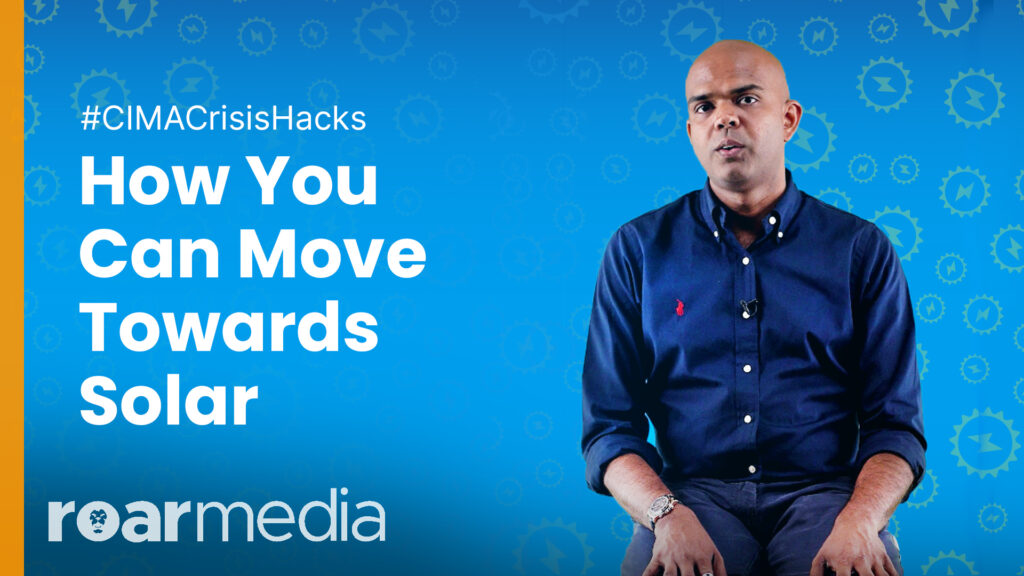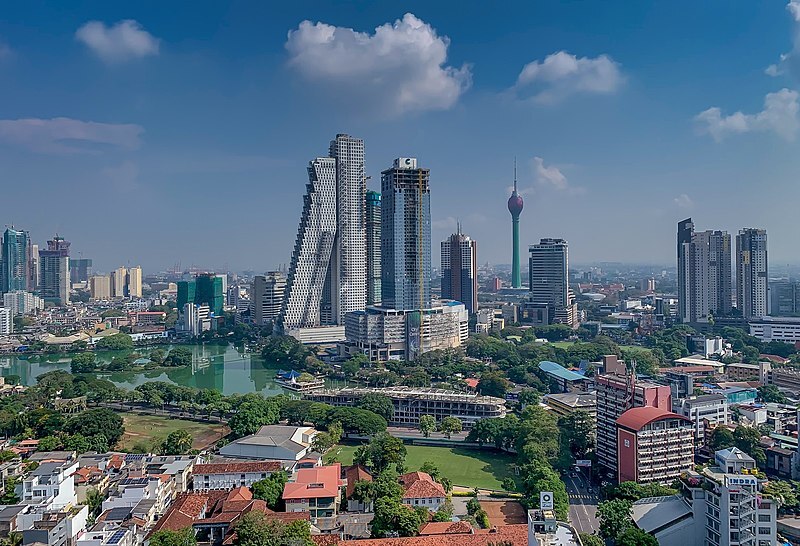
As is the case in many smaller developing nations combating the pandemic around the world, COVID-19 has taken a profoundly heavy toll on Sri Lanka’s economy and its people’s livelihoods. The nation experienced heavy hits on its most dependent industries, such as tourism, construction, and transport.
To cushion the adverse impacts, the Sri Lankan government adopted decisive steps, such as postponing tax payments, and the Central Bank’s introduction of a debt moratorium to encourage lending, among others. However, increased public expenditure and lower revenues to stay afloat have resulted in the deterioration of Sri Lanka’s fiscal situation.
According to a report published by the World Bank, Sri Lanka’s GDP contracted by 3.6 percent in 2020, the worst GDP growth performance on record to date. Public guaranteed debt is estimated to have increased to 109.7 of GDP and foreign reserves declined to an 11-year low in February 2021. Between January and March 2021, the country also experienced a 6.5 percent exchange rate depreciation.
To support and establish a sustainable economic framework for the nation’s future, it has now become crucial that calculated measures be adopted across the board by Sri Lanka’s business leaders and entrepreneurs within both private and public sectors.
Economic Frameworks
To shed light on how struggling businesses can thrive despite the pandemic, the American Chamber of Commerce (AMCHAM) recently launched the ‘AMCHAM Sri Lanka Premier Series’ to create conversation, foster relationships, and provide guidance to its member organisations through a series of curated online discussions.
They featured global business leaders, influencers, and entrepreneurs from diverse backgrounds, who shed light on topics that could help businesses develop amidst this shift towards a ‘new normal’.
Every third Thursday, from September 2020 to March 2021, those registered for these exclusive talks conducted over Zoom were privy to a gamut of advice from the likes of CEOs, activists, experts, and specialists on different subject matter such as sustainable development, digitalisation, and more.
Sustainable Development
Despite the urgent global requirement for businesses to align themselves with the socially responsible corporate planning and renewable energy movements, Sri Lankan businesses have been slow to adapt.
President of AMCHAM in South China and Allelon Energy Systems, Dr. Harley Seyedin, who was also the recipient of the 2017 Oslo Business for Peace Award alongside Elon Musk, shared his insights on the role of business leaders in sustainable recovery through socially responsible corporate planning and preparedness.
Stating that in his opinion, sustainable investment is not just planting trees or returning a land to its original condition but allowing opportunities to be reaped and benefited upon long after the original investors are gone.
Leading by example, he recalled how his first investment in China was a power plant and how he strived to ensure that it was sustainable by choosing a city that did not have electricity to start with.
“COVID-19 is changing the way investment is done. People have become aware of the luxuries that they have lost and as a result, they want to have a sustainable way of development going forward and a healthy way of living,” Dr. Seyedin added.
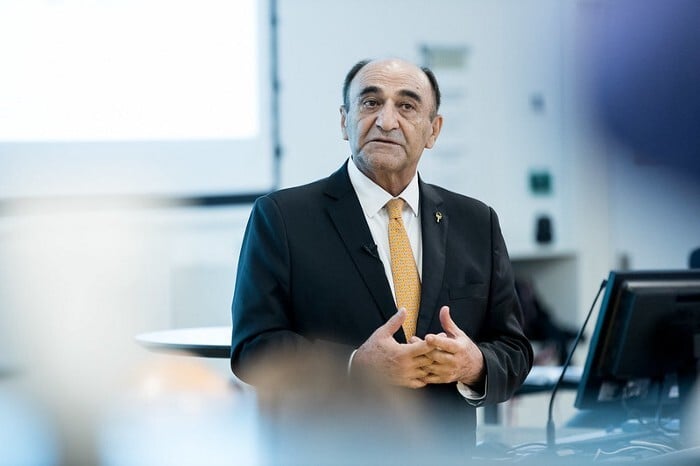
Elaborating further on some of the points Dr. Seyedin highlighted in his discussion, Global Sustainability Ambassador Jelena Kremenjasby expounded on sustainability, energy efficiency, renewable energy and circular economy solutions that benefit the entire supply chain.
“A circular economy is an economy which considers extracting fewer materials from the environment by considering the whole lifecycle of one product, all the way from its original design of the product to how it’s disposed of at the end of the cycle,” she defined before deep-diving into the Sustainable Development Goals with a special focus on Goal 12, ‘responsible consumption and production’.
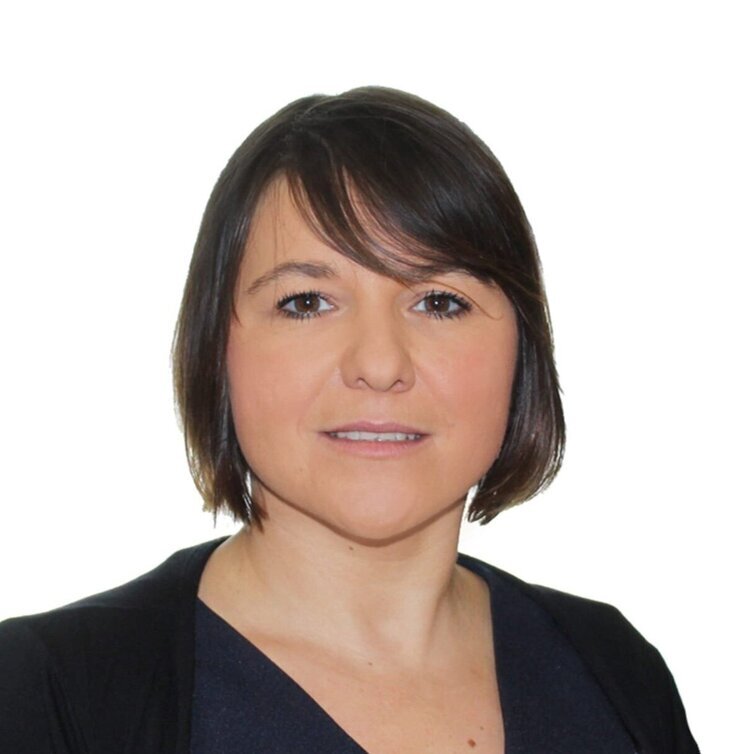
December’s webinar, led by Steven R. Okun, renowned expert on United States (US) politics, government and trade, Senior Advisor to McLarty Associates Singapore, and ASEAN Representative for the Emerging Market Private Equity Association (EMPEA), revolved around how businesses operating in Asia should prepare for the shift in US trade policy under the Biden administration.
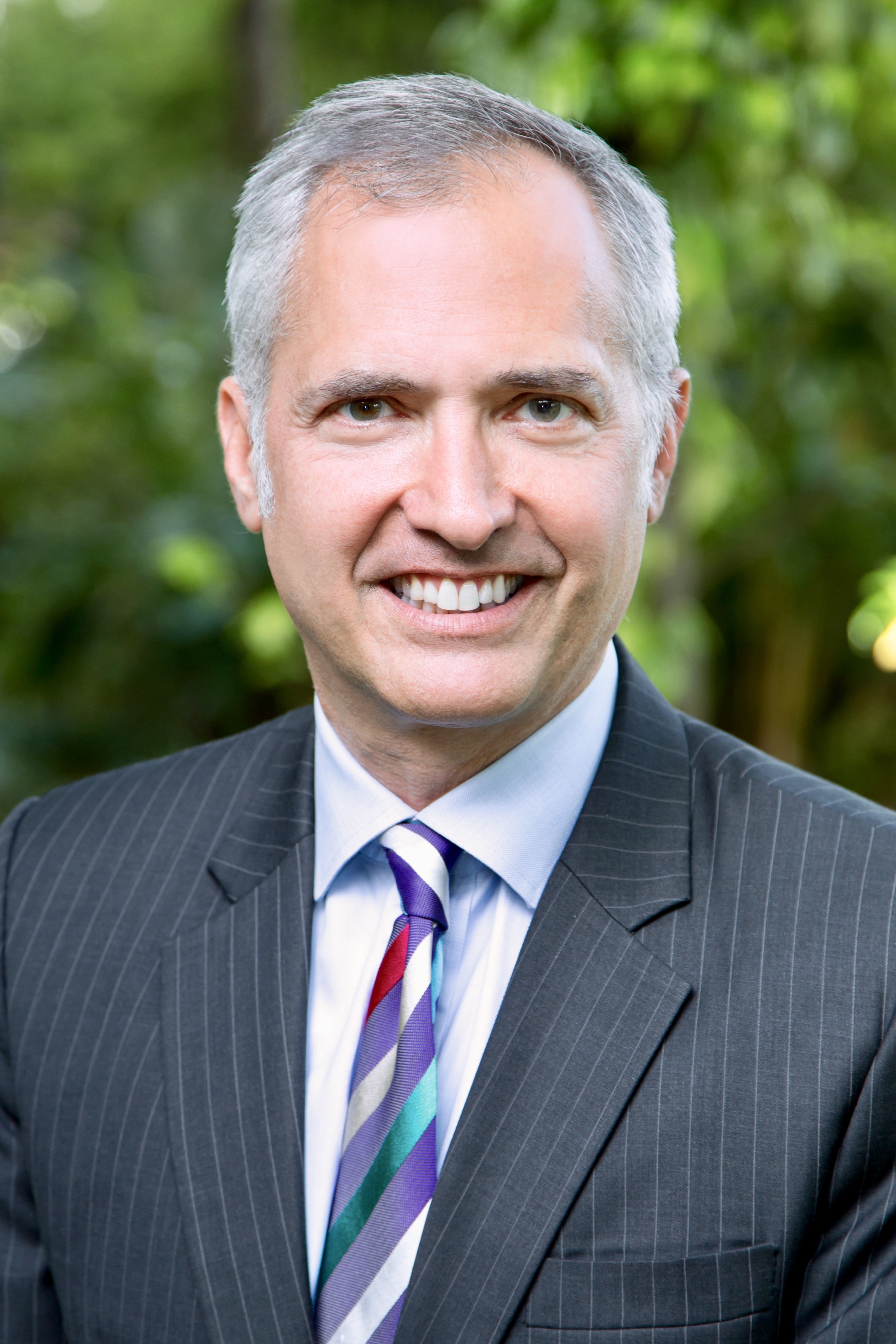
Model Frameworks and Smaller Nations
Sri Lanka can look to case studies of smaller nations such as South Korea when adopting measures to steer its economy towards sustainable growth. The Chairman and Chief Executive Officer of AMCHAM Korea, James Kim elucidated on how businesses, along with higher-level leadership, could emulate Korea’s accelerated transformation in a post-pandemic world, as a prime example of a successful Tiger Economy, which is, for the most part, export-led but with sophisticated financial and trading markets.
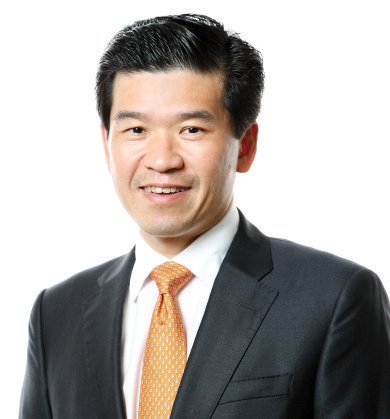
“I know that a lot of countries got impacted by the Asian financial crisis in 1997 but Korea came out of it really, really fast… With the COVID impact on South Korea, you would remember that in February, the country was one with the second-largest case numbers yet amongst the OECD nations, we had the lowest percentage decline in GDP,” Kim explained, highlighting that South Korea was able to reverse its course and contain the pandemic despite never having had a complete shutdown of the country while keeping its economy intact.
Furthermore, addressing the business challenges faced in South Korea, Kim stated that there were unique regulatory challenges, such as cloud computing, the cost of doing business steadily increasing, and CEOs facing personal risk from a criminal perspective.
‘Digitalisation’
Amidst lockdowns, local businesses in Sri Lanka were forced to turn to ‘digitisation’ to continue their operations, creating a basic digital foundation for local businesses to expand on in the future. Speaking on how countries and businesses have to adapt to digitalisation and ‘Thought Leadership’ in order stay relevant in this day and age, Chairman of the Helix Initiative, Managing Director of Duane Morris and Selvam LLC Singapore and Global Law Expert Krishna Ramachandra provided a comprehensive approach to the term ‘digitalisation’ and how Sri Lanka manages to keep up with the rapid technological change.

“In the global landscape for tech projects, so to speak, Sri Lanka is not that far behind. From the technological divide standpoint, it has less of an issue to deal with, compared to some of the bigger countries that have a massive geographical footprint, as it is hard to adopt a digitalisation strategy all across,” he noted, highlighting how it was technology that allowed education to continue in an online setting despite the pandemic, while still conceding that basic rights like education are being hindered by the technological divide, especially in underserved and impoverished communities.
International Branding and Design Guru, Lulu Raghavan, who was also on the list of India’s Top 50 Women In Advertising, Marketing And Media in 2019, called attention to the ‘importance of investing in brand equity for a sustainable trajectory amidst any challenge’.

“There are four basic tenets of brand-building that I follow, which are differentiation – how different you are from other competitors in your field; relevance – how you connect with your audiences in the most relevant way; esteem – how well-regarded your product/service is in the eyes of your audience; and knowledge – how much they know, not just at a surface level, but in-depth about all of your products and services,” she explains, elaborating that maintaining brand consistency while keeping momentum is also as important.
Increasing Opportunities And Reducing Barriers
Between the years 2019 and 2020, Sri Lanka experienced rising poverty rates, with significant reductions in job losses, especially in urban areas and among private sector employees and informal workers.
Assistant Director of Women’s Empowerment and Gender Equality at the Asia Foundation and Gender Duality Specialist Elizabeth Romanoff Silva, addressed the topic of women, COVID-19 and the future of work. She said that an enabling environment is necessary for women to advance in the workforce, and as entrepreneurs, are given the changing nature of future work in Asia and Sri Lanka.

“Women are less able to access business and STEM jobs created as a result of advancements in technology,” she underscored in her presentation noting that women are most likely to lose their jobs because of advances in technology as they hold positions in industries that are more likely to get automated.
She recognised that there was a need for a multi-pronged approach that incorporated policies, practices and corporate social responsibility to create a validating environment with the tools to succeed for women.
According to the report published by the World Bank, Sri Lanka’s economic growth is expected to recover to 3.4 percent in 2021, mainly due to foreign investments as well as normalising tourism and other economic activities.
Nonetheless, striking an equilibrium between supporting the economy in the thick of COVID-19 whilst ensuring fiscal sustainability remains a key issue. Therefore, how local business leaders and entrepreneurs contribute in navigating this new era will be defining factors in Sri Lanka’s future economic upturn and sustainable growth.




